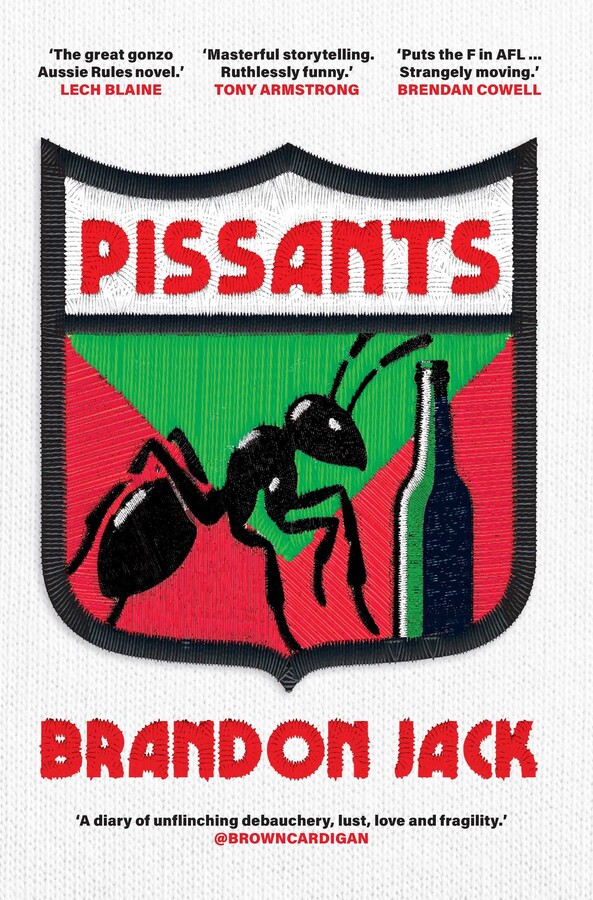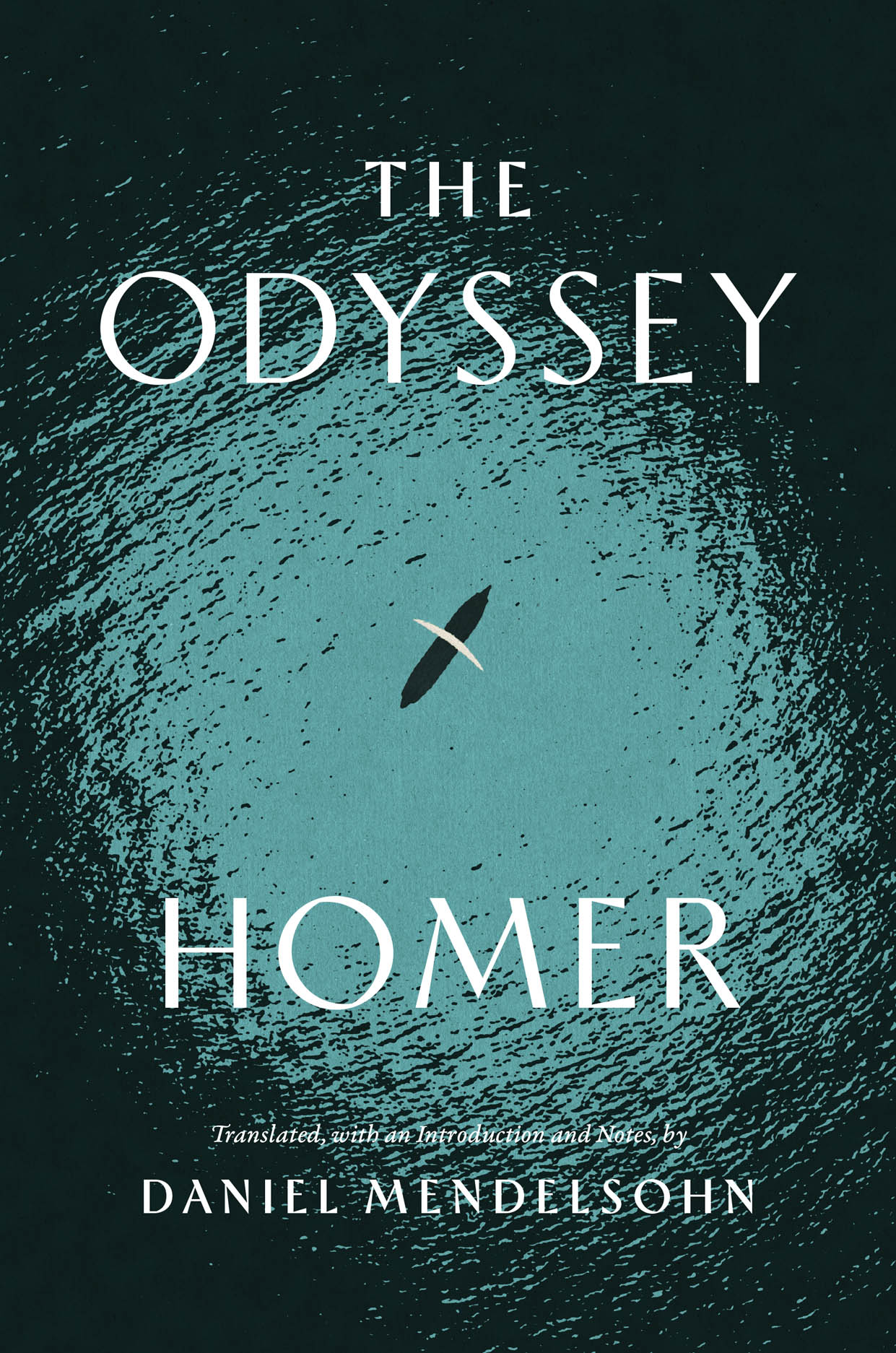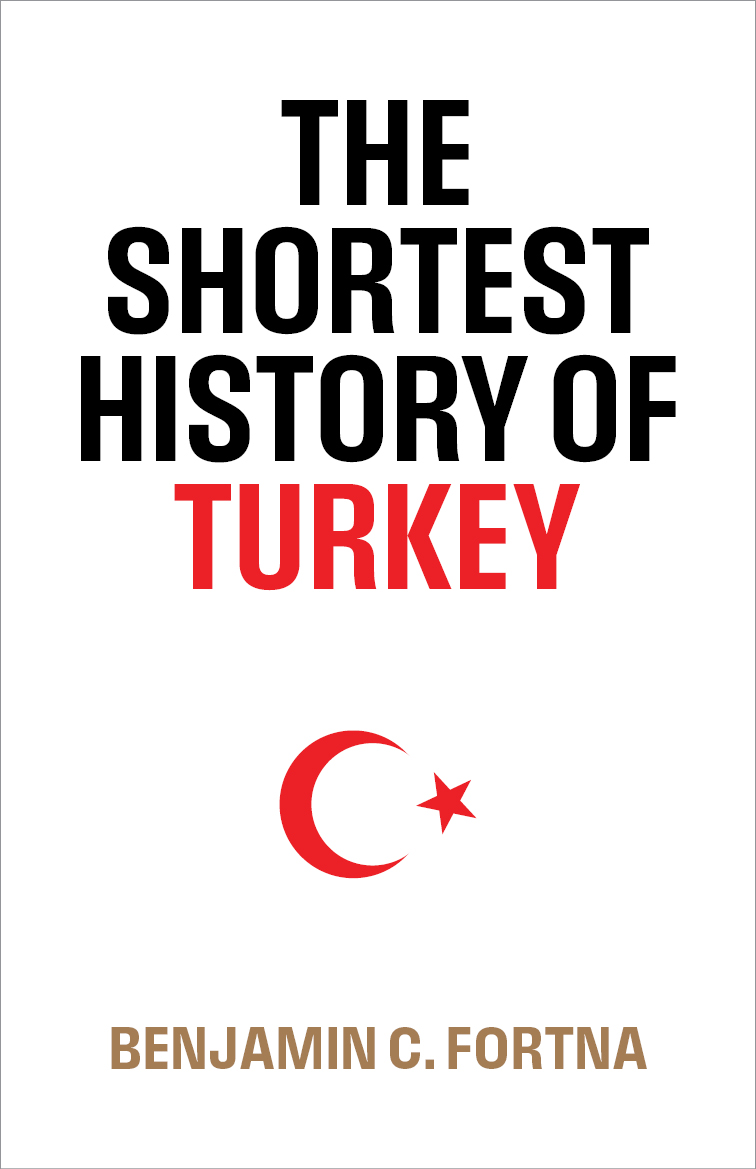Lambs of God
Allen & Unwin $19.95 pb 336 pp 1864483229
Lambs of God by Marele Day
Nuns supply the world with a wonderful source of all-singing, all-dancing, laughing or weeping material, from The Abbess of Crewe to A Nun’s Story, from The Sound of Music to Nunsense. Where would novelists and filmmakers be without the sisterhood? Catholic girls have strong feelings about nuns, often bitter but sometimes affectionate. The rest of us find nuns to be fairly remote figures, eccentric perhaps, but generally benign.
In Lambs of God, Marele Day has abandoned her more habitual line of detective fiction for something altogether more ambitious. Her new novel is a quaint fable set in a remote and crumbling convent inhabited only by three nuns, the remains of the Order of St Agnes, and a flock of sheep believed to be the reincarnations of the dead Sisters. Presumably, the return of the nuns in sheep’s clothing is a jokey comment on the Catholic church.
Continue reading for only $10 per month. Subscribe and gain full access to Australian Book Review. Already a subscriber? Sign in. If you need assistance, feel free to contact us.










Leave a comment
If you are an ABR subscriber, you will need to sign in to post a comment.
If you have forgotten your sign in details, or if you receive an error message when trying to submit your comment, please email your comment (and the name of the article to which it relates) to ABR Comments. We will review your comment and, subject to approval, we will post it under your name.
Please note that all comments must be approved by ABR and comply with our Terms & Conditions.